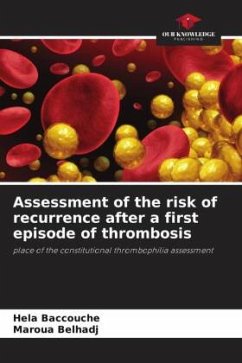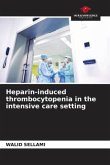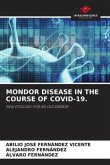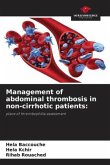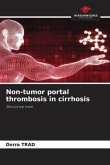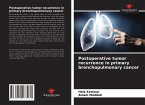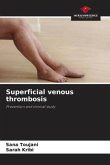Constitutional thrombophilia (CT) is associated with a risk of a first episode of venous thrombosis. However, its role in assessing the risk of recurrence is controversial. The objective of our work was to evaluate the impact of CT on the risk of recurrence after a first episode of venous thrombosis. This was a retrospective longitudinal descriptive study over 6 years, including 102 patients with a first episode of VTE who had a CT workup. The mean age of the patients was 37.8 years [19 -67]. The sex ratio (M/F) was 0.57. A CT abnormality was identified in 25.5% of patients. The mean duration of anticoagulation was 11.8 months [1-96]. The mean follow-up time after discontinuation of anticoagulation was 24.3 months. Thrombotic recurrence was documented in 7 (9.7%) patients. Fourteen (53.8%) patients with a CT abnormality were put on long-term anticoagulation. CT was not significantly associated with an increased risk of recurrence after the first thrombotic episode. Thus, CT wouldnot contribute to the estimation of the risk of recurrence.

